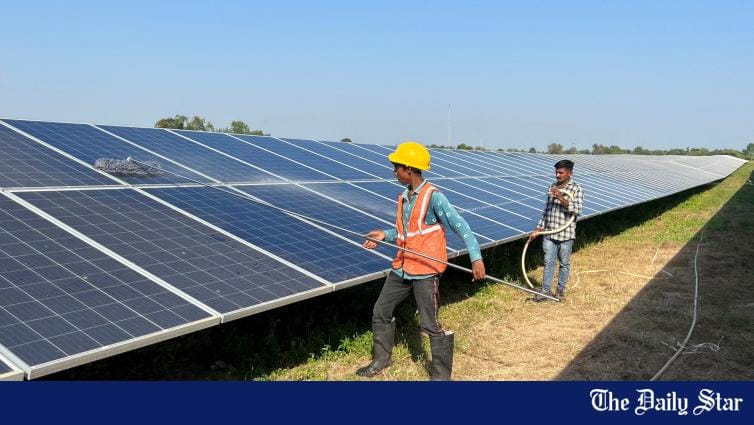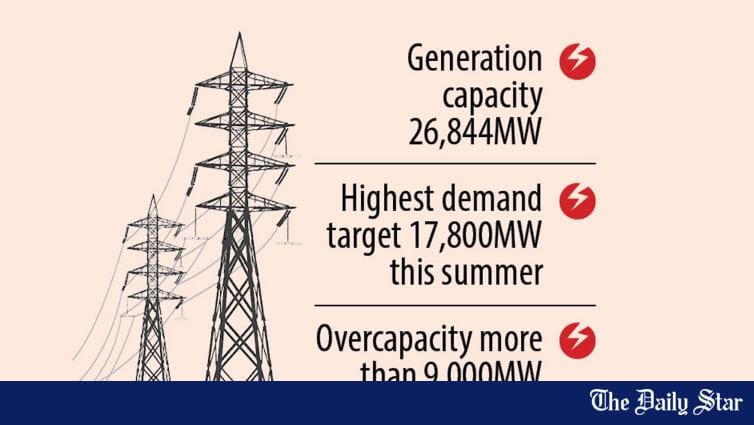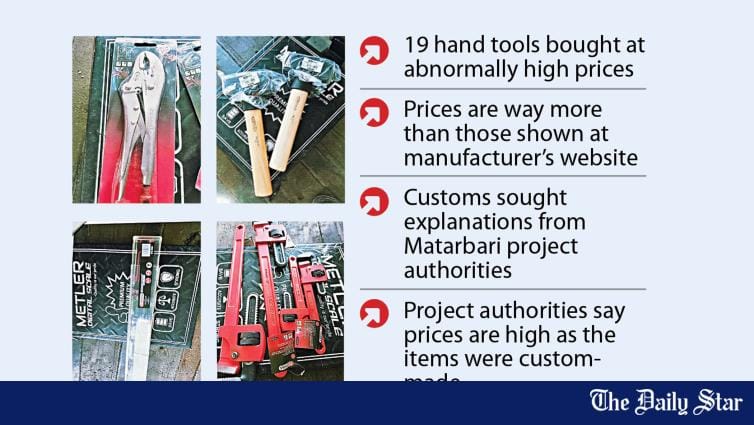Saif
Senior Operative
- 13,311
- 7,274
- Origin

- Axis Group

- Copy to clipboard
- Thread starter
- #57
Coal mine development at Dighipara and the challenges
MUSHFIQUR RAHMANPublished :
Apr 01, 2024 21:41Updated :
Apr 02, 2024 21:37In the backdrop of increased coal demands (Bangladesh requires 33.6 million tonne coal supply annually to feed its installed coal fired power plants) and growing concern for timely import to feed the coal fired power plants, the government has taken initiatives to review the prospect of mining for more domestic coal. A meeting was organised on February 11, 2024 at the Ministry of Power, Energy and Mineral Resources to assess issues related to mine more coal from the existing coal fields in the country. State Minister for Power, Energy and Mineral Resources attended the meeting. Officials discussed the current state of the five discovered coal fields in northern Bangladesh (Jamalganj, Barapukuria, Khalashpir, Dighipara and Phulbari).
It may be mentioned that an underground coal mine was built during 1994-2005 period at Barapukuria coal field with a capacity to mine one million tonne coal annually from its nearly 400 million tonne coal reserve. Since 2005 mining in the field has been on. So far, nearly 14 million tonne of coal could be mined from Barapukuria coal field. The mined coal has been feeding the Barapukuria coal fired power plant with 525 MW installed capacity ( due to insufficient coal production and supply from the mine, the captive Barapukuria power plant has been operating at a reduced level of its installed capacity). Barapukuria coal field's geology and underground mining method do not permit extraction of more than 4000 tonne coal daily from the mine. On the contrary, Barapukuria power plant has been solely dependant on the mine's coal supply. The power plant requires 5,000 tonne coal daily to operate optimally. Since the beginning of mine operation, Barapukuria coal mining company has been dependant on Chinese contractor XMC-CMC consortium for mine operation and the contractor receives US$ 85 for each tonne of coal production from the mine. Barapukuria Coal Mining Company sells the produced coal to the mine mouth Barapukuria Power Company at US$176 per tonne. Earlier, Petrobangla had engaged the Chinese Contractors to build the coal mine and Bangladesh obtained loan (suppliers credit) from the government of China for developing the mine.
The existing contract between Barapukuria Coal Mining Company (a subsidiary company of Petrobangla) and XMC-CMC Consortium remains valid until 2027. Bangladesh intends to sign an additional Contract with the XMC-CMC Consortium for securing 1.08 million tonne more coal from the mine and continue the mine operation life until 2029.
Barapukuria Coal Mining Company also plans to develop an underground coal mine at the Dighipara coal field with the hope to operate the mine for 30 years and extract 90 million tonne (10-12 per cent of the reserve) of coal from the coal field's 706 million tonne coal reserve (it may be recalled that Barapukuria coal mine was initially planned and approved for extracting 64 million tonne coal at a rate of one million tonne annually). Barapukuria Coal Mining Company earlier carried out studies with the help of several consulting firms on the status and mining options for the Dighipara coal field. The studies confirmed that the coal field expands over an area of nearly 11 square kilometres within Nawabganj and Hakimpur Upazila, Dinajpur. Estimates suggest that there are several coal seams lying under 320-506 meters below the surface there. The mineable coal seams are thick and the studies recommended so called LTCC (longwall top coal caving method, a variation of multi-slice Longwall mining method) mining method (currently implemented at Barapukuria coal mine) for mining coal at the planned Dighipara coal mine. The studies further estimated that the mine building would involve approximately US$1.644 billion and 8 years time to commence coal production. The operational cost for production of each tonne of coal might cost US$ 53 per tonne (Barapukuria pays US$ 85 to the contractor consortium for producing a tonne of coal). The over all estimated cost for per tonne coal from Dighipara mine is estimated (at this stage) to be US$ 160/tonne.
The underground coal mining at Dighipara may encounter a number of challenges including significant water inflow into the mine (estimated 20,000 cubic meter per hour requiring huge pumping arrangements), land subsidence risk (Barapukuria coal mine invited so far 585 acres of land and the subsidence depth ranges over the subsided area varying between 0.01-10.5 meters), and acquisition of approximately 14 sq.km of agricultural land with the challenge of relocating and rehabilitating of around 11,110 people from 2,798 families.
The study reports consider that the water inflow into the mine would be possible to manage by employing appropriate pumping facilities and with the implementation of the so called 'çut off wall' technology (artificial groundwater barrier walls constructed to minimise dewatering efforts and for improving safety in mining). In the construction of dams, dykes, barrier walls against tailing ponds and for surface mining adjacent to water bodies, the cut off wall technology has demonstrated efficiency in different projects of the world.
However, it is to be tested how the technology can be successfully implemented in Dighipara Coal field's unique geological conditions. The capital and operating costs for the planned mine development and operations remain a major issue. Also, the cost of coal production using underground mining method and its very limited volume of production invite further assessment and justifications for the projects economic viability.
Mushfiqur Rahman is a mining engineer. He writes on energy and environment issues.









